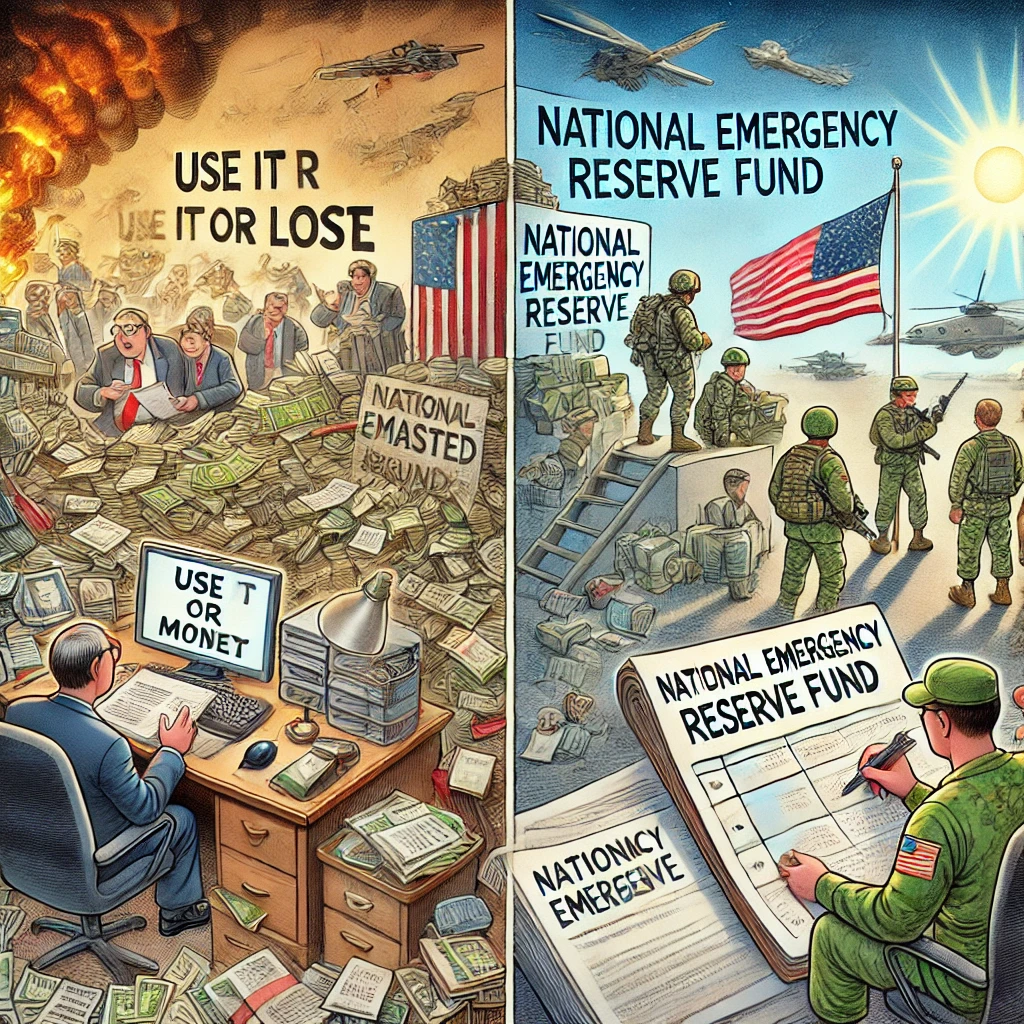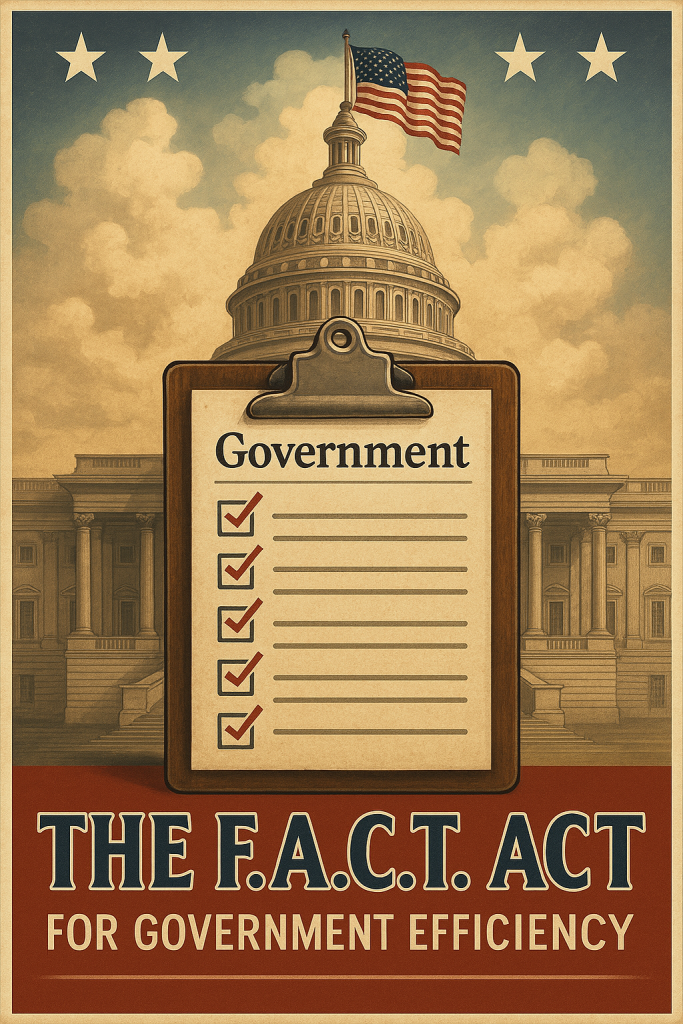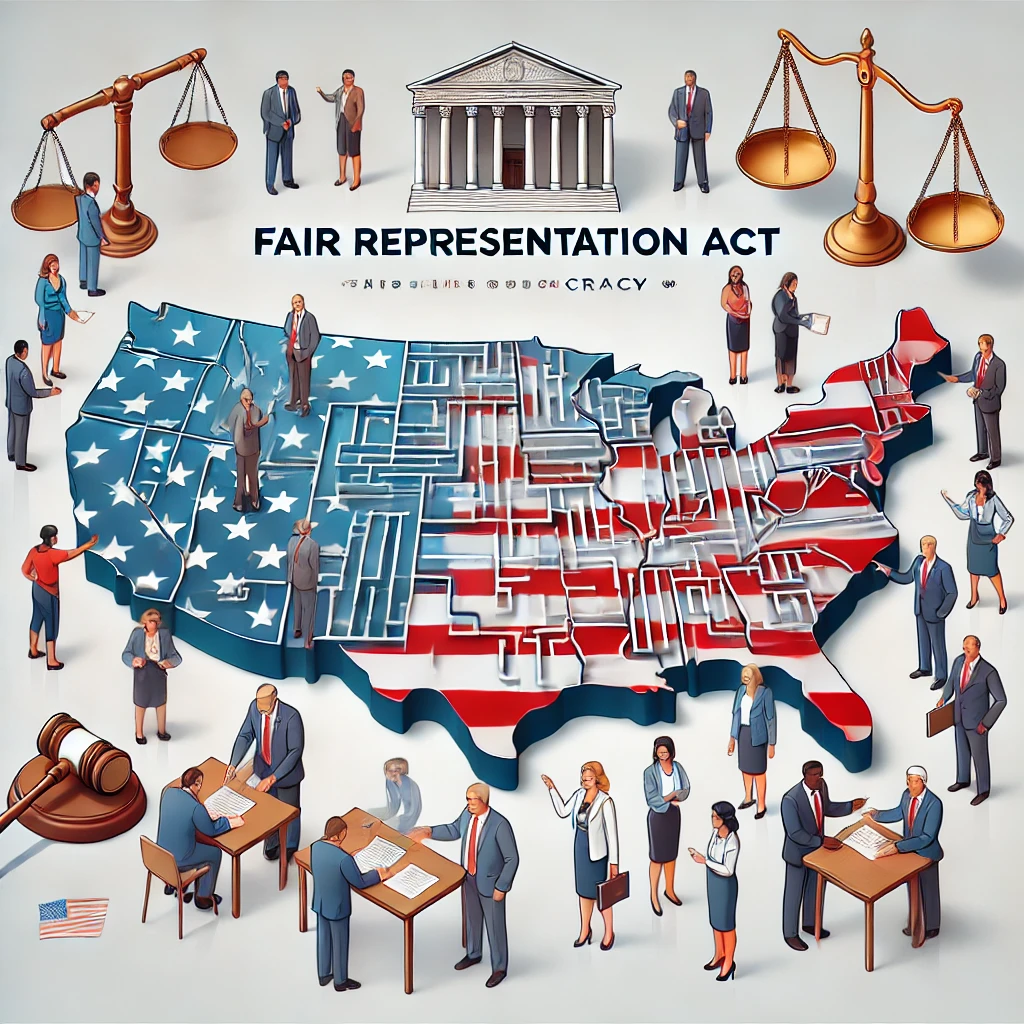Full Policy List
A Blueprint for Real Reform
The Liberty Compact is not another set of talking points. It’s a comprehensive package of reforms designed to restore accountability, rebuild trust, and secure America’s future. Each policy addresses a structural flaw that has allowed corruption, gridlock, or economic imbalance to persist—together, they form a blueprint strong enough to break the two-party stranglehold and put power back in the hands of the people.
These reforms are not about left or right. They’re about common-sense fixes that most Americans already agree we need: fair elections, responsible government, economic stability, and leaders who answer to voters—not lobbyists.
But here’s the truth: these policies are still a work in progress. They’ve been drafted with care, but they’re not carved in stone. They’re meant to be refined, polished, and improved—by you, by experts, by anyone willing to think boldly about how to rebuild the system. The Compact is meant to be open-source governance: transparent, collaborative, and driven by the people it serves.
On this page, you’ll find every policy in the Compact. Each one is detailed on its own page, showing both the problem we face and the practical solution.
✅ Economic reforms that stabilize the budget, protect retirement, and ensure wealth contributes proportionally.
✅ Governance reforms that end gerrymandering, restore accountability, and make elections fair again.
✅ Social and civic reforms that strengthen trust, protect freedoms, and preserve opportunity for all.
Together, these policies create a foundation strong enough to last for generations—not patchwork, not half-measures, but permanent guardrails written into the system itself.
Our economy is out of balance. Everyday Americans are taxed heavily on wages, while billionaires often pay almost nothing on fortunes that grow faster each year than most families will earn in a lifetime. The EEP realigns contribution with proportional weight. A Net Worth Tax ensures those holding the most economic power carry a share that matches it. A Responsible Pay Algorithm ties executive pay to the strength of their workforce — so growth isn’t lopsided at the top while everyone else struggles. This isn’t socialism. It’s capitalism with guardrails — rewarding ambition while keeping unchecked greed in check.
The NEF is a permanent, $3 trillion sovereign savings account designed to protect Americans during crises. Instead of borrowing and adding to the debt every time disaster strikes, the NEF generates investment income that can be tapped for emergencies like natural disasters, pandemics, or economic shocks. At the same time, it serves as an investment vehicle — giving foreign governments and institutions the option to invest in America’s stability, rather than holding U.S. debt. That shift makes the nation stronger, less vulnerable to outside leverage, and better prepared for whatever comes next.
The LRA is a modern replacement for Social Security, guaranteeing every American a foundation of dignity and security in retirement. At birth, each citizen receives a federally seeded account — an investment that grows over their lifetime and remains individually theirs, no matter their career path. This isn’t privatization or a handoff to Wall Street. Accounts are publicly backed, conservatively managed, and designed to cover retirement and end-of-life costs while reducing long-term federal liabilities. Unlike today’s system, the LRA ensures real savings in every American’s name — secure, portable, and protected.
America spends more on defense than the next several nations combined — often without clear strategy or accountability. The Strategic Defense Budget Act ties defense spending to a stable share of GDP, ensuring strength without runaway costs. It also ends the “use it or lose it” policy that encourages wasteful end-of-year spending. The result: a military that stays strong, budgets that stay disciplined, and resources that go where they’re truly needed — from readiness and innovation to caring for veterans.
Every dollar spent by the federal government should be traceable, transparent, and accountable. F.A.C.T. creates a system where taxpayers can see exactly how money flows — from appropriation to outcome. No more bloated budgets hidden behind jargon or lost in bureaucracy. By tying spending to measurable results and making those results public, F.A.C.T. ensures government programs work as promised, exposes waste, and rebuilds trust between citizens and their government.
America’s wealthiest often borrow against their assets to avoid ever paying taxes on trillions in unrealized gains. The VUGT flips that incentive. By paying a reduced, voluntary rate on those paper gains now, participants lock in long-term tax advantages and avoid double taxation later. For the nation, it means an immediate infusion of capital into the National Emergency Fund — accelerating debt reduction and turning liabilities into lasting investment power. It’s not about punishing success; it’s about giving those who’ve gained the most a chance to help stabilize the system for everyone.
Our elections shouldn’t be auctions where the biggest check wins. The Vote America Act tackles two core problems: the dominance of big money and the lack of real voter choice. It caps donations, enforces transparency, and applies antitrust principles to campaign finance—limiting corporate and billionaire influence. At the same time, it introduces Ranked-Choice Voting, so Americans can finally vote their values without fear of “wasting” their ballot. Together, these reforms end the two-party chokehold, open the door to new candidates, and rebuild trust that elections reflect the will of the people—not the wallets of the powerful.
Public service should mean public trust—not a stepping stone for profit or power. The Standards for Public Trust set minimum qualifications for federal appointees and members of Congress, requiring real-world expertise in the areas they oversee. No more unqualified donors running agencies they don’t understand. The Act also enforces strict ethics rules: no stock trading in office, mandatory transparency in financial holdings, and clear consequences for conflicts of interest. By raising the bar for who can serve—and how—they serve, we restore integrity to the offices that shape our lives. This isn’t about partisanship. It’s about competence, accountability, and trust.
For too long, politicians have chosen their voters instead of the other way around. The Fair Representation Act ends partisan gerrymandering by requiring independent commissions to draw congressional districts using clear, nonpartisan standards. It also expands ranked-choice voting to congressional races, ensuring candidates must earn broad support instead of clinging to narrow bases. Together, these reforms guarantee that every vote carries equal weight, that districts reflect real communities rather than political interests, and that Congress finally represents the people—not the parties.
For too long, incumbents have treated their seats like lifetime property instead of public trust. The CRA introduces strict but flexible term limits—three terms for Representatives, two for Senators—while giving voters the final say through a Confidence Vote. This safeguard lets citizens retain proven leaders or demand new voices, ending the stranglehold of career politicians. The amendment also adds balance: critical committee chairs are exempt until replaced, ensuring continuity in national security and oversight, and it brings long-overdue 18-year limits for Supreme Court justices. Together, these reforms restore accountability, refresh leadership, and return power where it belongs—back to the people.
mmigration is vital to America’s identity and economy, but today’s system is broken—too slow, too chaotic, and too vulnerable to abuse. The ADPA takes a balanced approach: stronger borders and smarter enforcement so only real threats are stopped, paired with a streamlined, fair, and secure legal immigration process that families and workers can actually use. It also includes a clear pathway to citizenship for those who serve honorably in our military—ensuring that anyone willing to defend America can truly become part of it. By fixing the legal pipeline first, border enforcement becomes effective, immigration supports economic stability, and America keeps its promise of fairness and opportunity.
The First Amendment Integrity Initiative tackles the crisis of misinformation by creating a voluntary credibility system that works more like a credit score than censorship. Politicians, media outlets, and organizations are scored based on consistency, accuracy, and honesty — giving the public a clear tool to separate fact from manipulation. This protects free speech while holding powerful voices accountable, restoring trust without silencing anyone.
📘 Want to dive deeper into how this works? [Read more in the book →]












